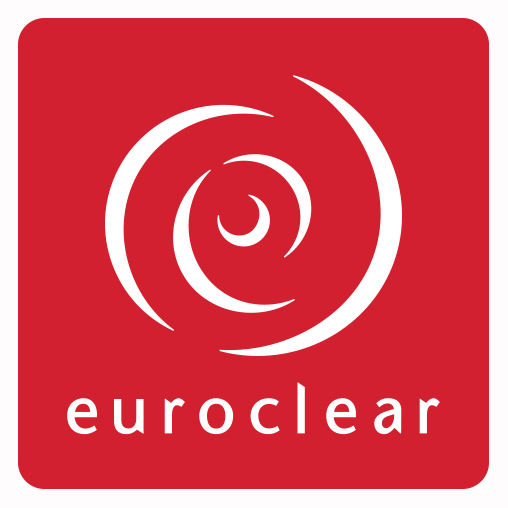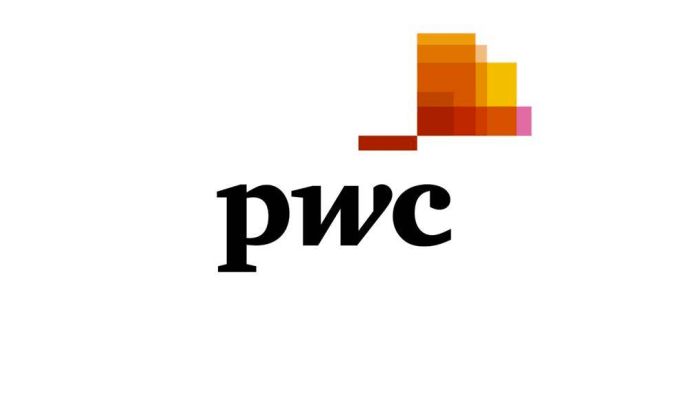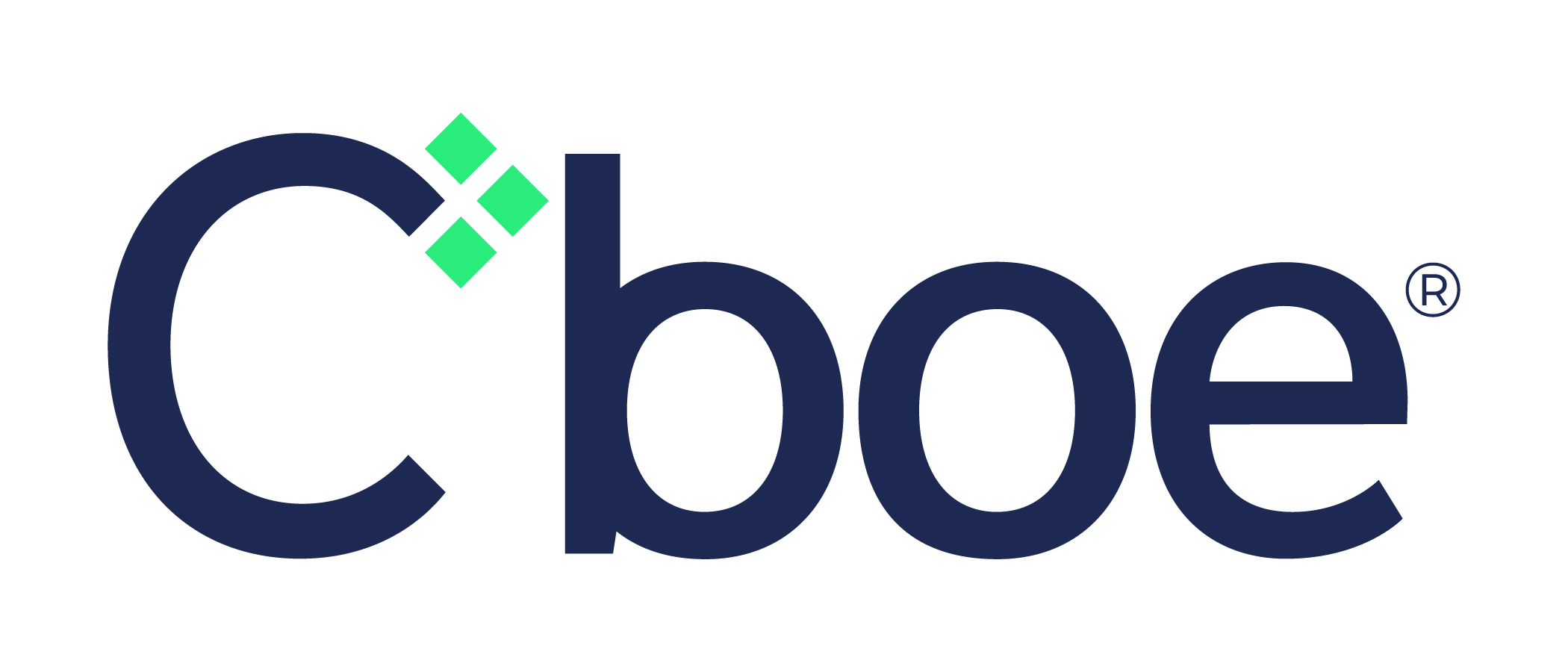Retail investors’ unwavering adoption of ETFs faces several headwinds despite being hotly tipped as the next big growth area for ETFs in Europe, a Euroclear report has warned.
The whitepaper, titled Europe’s retail investors get a taste for ETFs, said the planned ban on payment for order flow (PFOF) and high trading fees could hinder retail uptake of ETFs as issuers continue to jostle for position in the market.
Retail investors in Europe housed around €200bn in Europe at the end of 2023, according to BlackRock, roughly 12% of the market, a figure that is expected to grow exponentially over the next few years.
Incoming PFOF ban
Much of the growth has been attributed to the rise of ETF savings plans and commission-free or low-cost platforms such as Scalable Capital, Trade Republic and Bux which offer them.
However, the incoming PFOF ban – to be implemented by 30 June 2026 – could force neobrokers to restructure their business proposition away from a commission-free model to the introduction of advisory fees.
The PFOF ban has been long called for by the market, a practice where brokers receive payments for forwarding investor orders to trading platforms such as market makers.
“The ending of payment for order flow should lead to a more competitive landscape and make the market more transparent,” the report said.
“At the very least, though, it will require a major tweak to the neobrokers’ business model.”
Commenting on how this could impact the market, Markus Weis, Germany head of SPDR ETFs at State Street Global Advisors (SSGA), said: “For traditional advisory firms, it is difficult to move to a fee-based structure if the invested amount is too low. You need €200,000 to €300,000 per client.
“But the average traded amount per person on the online brokers and platforms is only €5,000.”
Yorick Naeff, CEO of Dutch online platform Bux, which does not take payment for order flow or inducements, welcomed the changes: “It levels the playing field – it is one pain point taken away.”
Despite this, the potential removal of the European Commission’s ban on inducements could help keep neobrokers’ commission-free structure alive.
Inducements are widely perceived to nudge investors toward costly and unsuitable investment products and away from cheaper products such as ETFs.
Earlier this year, European ETF issuers said gaining access to broker-dealer platforms was one of the key distribution challenges, according to a PwC report.
High exchange and platform fees
Another issue facing retail investors is the high costs of exchange fees, platform fees and clearing and settlement, with many post-trade arrangements devised for institutional clients dealing in large transactions.
“There needs to be a new model to cater for smaller transactions and individual investors,” Naeff said.
“It starts with the exchanges. Some are supposedly working on this, but other exchanges do not really have a retail-only product.”
Some exchanges, such as Cboe Global Markets, are looking to implement reforms designed to reduce costs and simplify access for retail brokers on exchange.
“Robo advisers and neobrokers are more tech-savvy and keen to trade on-exchange where they can,” Lida Eslami, head of ETPs for EMEA at Cboe Global Markets, said.
“Our initiative is designed to simplify access and reduce the cost of trading for retail brokers. Among other things, it will improve the visibility of retail ETF flows.”
Online platforms can also be part of the solution in driving ETF trades on exchange.
More volume on exchange is believed to result in tighter spreads and increasing retail participation by improving best execution for investors.







